David Matthews: Complete String Quartets, Volume Five
The American critic Robert Reilly described the music on Volume One of this cycle of the complete string quartets of David Matthews (b. 1943) as ‘some of the most concentrated, penetrating writing for this medium in the past 30 years or more. It is musical thinking of the highest order and quartet writing in the great tradition of Beethoven, Bartók, Britten, and Tippett’. Matthews’ three most recent quartets call in a wide range of references. Birdsong – heard in Nos. 13 and 14 – is a standard Matthews topos; and the fugal No. 15 seems to find a middle ground between late Beethoven and folk-music. No. 13 presents the biggest surprise: it introduces four solo voices, siting the work somewhere between Berg’s Lyric Suite and Vaughan Williams’ Serenade to Music. Some touching arrangements and two canons for two Michaels – Tippett and Berkeley – complete the programme.
Rebecca Lea, soprano 8
Jess Dandy, contralto 8
James Robinson, tenor 8
Will Dawes, baritone 8
Kreutzer Quartet
Peter Sheppard Skærved and Mihailo Trandafilovski, violins
Clifton Harrison, viola
Neil Heyde, cello
Listen To This Recording:
- I Night: Adagio –
- II Sunrise: Lento e sostenuto –
- III Day: Molto vivace con gioia
- I Allegro
- II Molto adagio
- III Giocoso
- IV Moderato
- I Green: In tranquilla attesa
- II Woollahra Magpies: Poco lento – Vivace
- III Sun in me: Con luminosità costante
- IV The Song Thrush: Moderato
- V Lux Aeterna: Con il movimento pacifico
- Sospiri
- Minuet, K355/576b
- Gigue, K574
- Bagatelle, WoO56
- Stille Nacht
- Im wunderschönen Monat Mai
- Canon for Michael Tippett
- Canon for Michael Berkeley
String Quartet No. 14, Op. 145 (2016–17)
String Quartet No. 15, Op. 159 (2021)
String Quartet No. 13, Op. 136 (2014–15)
MOZART arr. MATTHEWS
Elgar arr. MATTHEWS
Beethoven arr. MATTHEWS
FRANZ XAVER GRUBER arr. MATTHEWS
SCHUMANN arr. MATTHEWS
David Matthews
FIRST RECORDINGS
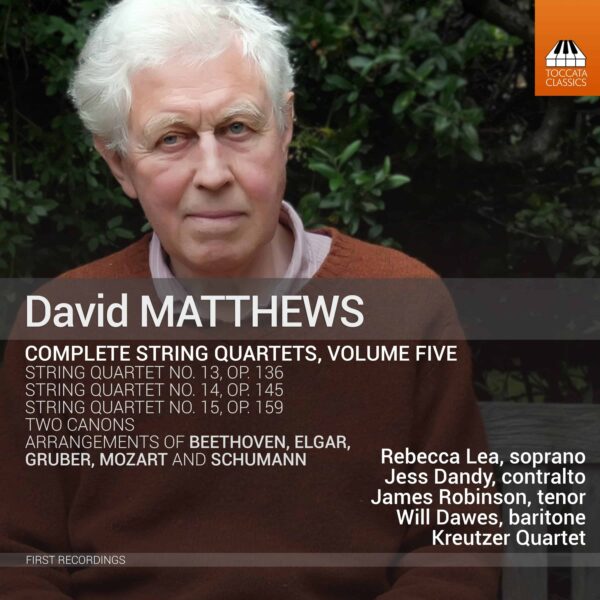
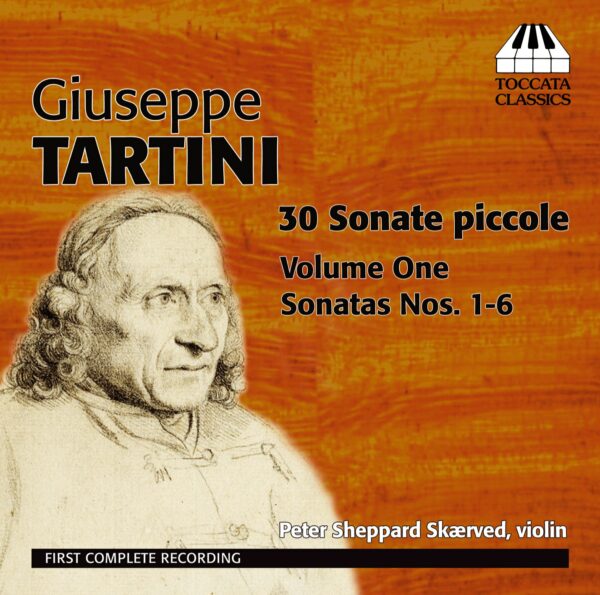
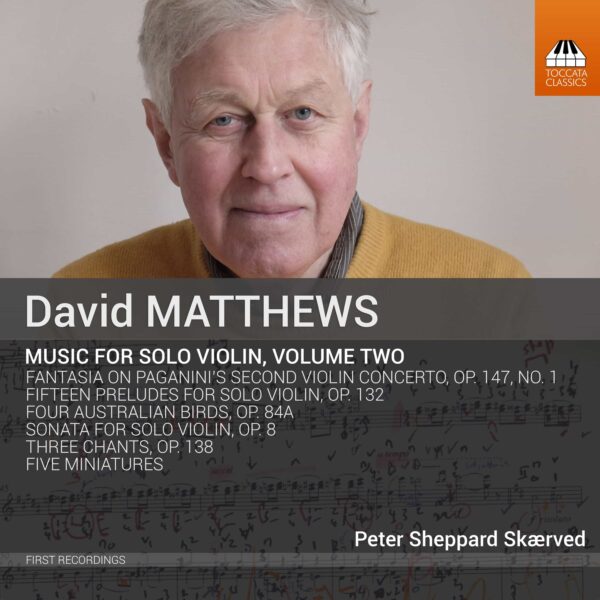
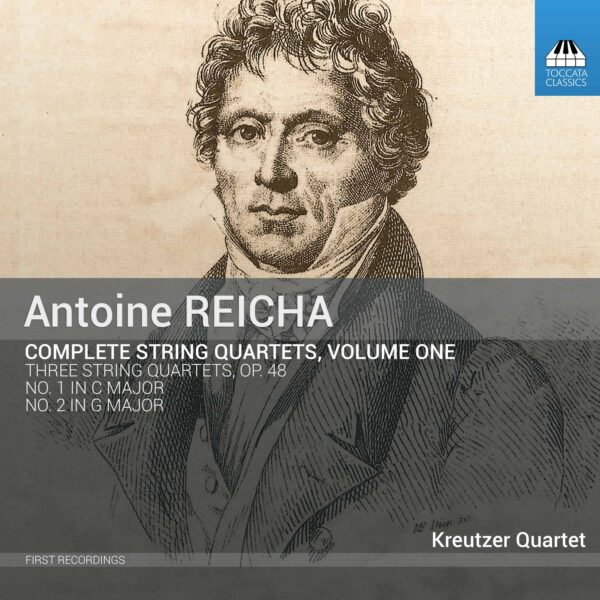
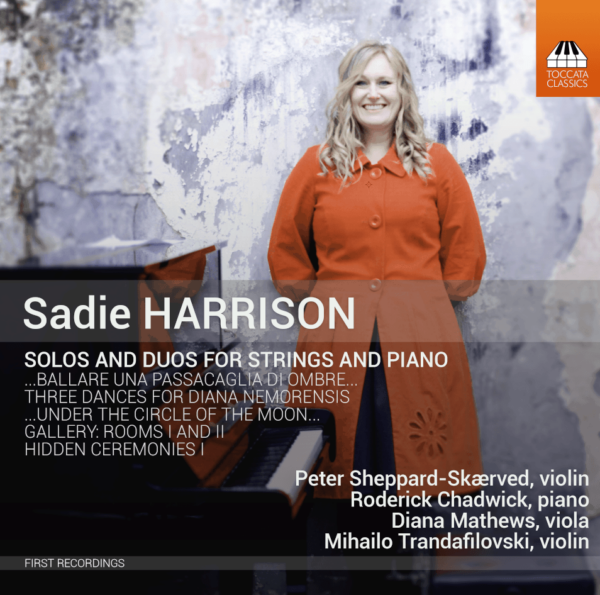
MusicWeb International :
‘One cannot find fault with the four singers or with the Kreutzer Quartet who clearly understand the composer’s requirements and communicate them lucidly and intelligently. […]
There is little or no difference in the acoustic and atmosphere of the recordings made at varying venues. The sound is consistent and always transparent.’
—Gary Higginson, MusicWeb International